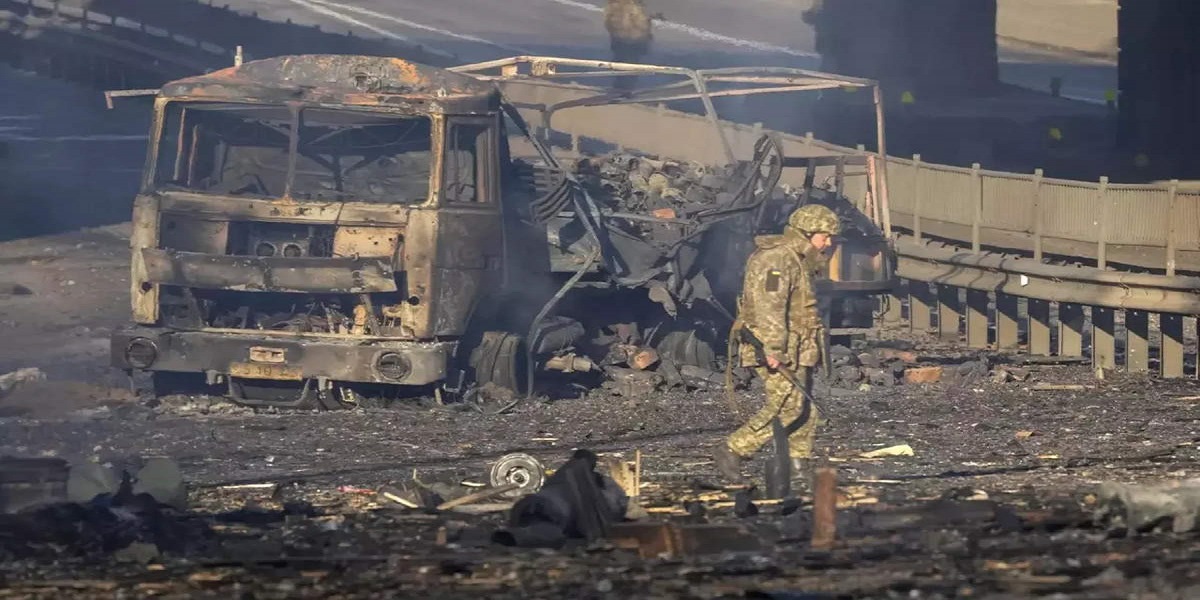- The food, fuel, and financial problems in Ukraine are projected to impact the economic climate this year.
- Global FDI recovered to pre-pandemic levels in 2021, reaching about $1.6 trillion.
- UNCTAD’s World Investment Report 2022 noted signs of deterioration already visible.
The food, fuel, and financial problems precipitated by Russia’s war in Ukraine are projected to impact the economic climate this year, according to the United Nations.
Global FDI recovered to pre-pandemic levels in 2021, reaching about $1.6 trillion, according to the United Nations’ trade and development office UNCTAD, although this is unlikely to be sustained in 2022.
“With the outbreak of the war in Ukraine, the global environment for international investment altered substantially,” said UNCTAD chief Rebeca Grynspan.
“The war is producing a cost-of-living crisis that is hurting billions of people far beyond its immediate neighbourhood.”
Investor apprehension and risk aversion “may put major negative pressure on global FDI this year,” according to Costa Rica’s former vice president.
UNCTAD’s World Investment Report 2022 noted that signs of deterioration are already visible.
Greenfield project announcements are down 21% globally, cross-border mergers and acquisitions are down 13%, and international project finance deals are down 4%, according to preliminary first-quarter data.
[embedpost slug=”/uber-to-provide-emergency-meals-in-ukraine/”]
Greenfield investment usually refers to projects that generate new physical facilities that are considered productive, in part because they usually result in the creation of jobs. Greenfield developments are seen to be a good predictor of future FDI trends.
“The business and investment climate has altered considerably this year as a result of the war in Ukraine, which has resulted in a triple crisis of rising food and fuel costs, as well as tighter financing,” according to UNCTAD.
“Renewed pandemic repercussions, the prospect of more interest rate hikes in major economies, bad sentiment in financial markets, and a probable recession are among the other issues clouding the FDI horizon.”
Global FDI flows in 2022 would “likely go on a downward trajectory, at best remaining flat,” according to the agency, because the growth momentum of 2021 will not be sustained.
Concerns expressed by the UN Secretary-General
UN Secretary-General Antonio Guterres stated, “This shaky growth of real productive investment is likely to persist in 2022.”
“The consequences of the Ukraine conflict, including the triple food, fuel, and financial crises, as well as the ongoing Covid-19 outbreak and climate disruption, are putting further strains on poor countries.
“There is a major risk that the momentum for international investment recovery could freeze too soon, thwarting efforts to increase money for long-term development.”
The United States, China, Hong Kong, Singapore, Canada, Brazil, India, South Africa, Russia, and Mexico were the top ten economies for FDI inflows in 2021.
Global FDI flows increased 64 percent to $1.58 trillion last year, coming off a low base in 2020, because to soaring merger and acquisition activity and significant expansion in foreign project finance due to permissive lending and major infrastructure stimulus packages.
Flows to developing economies increased by 30% to $837 billion, the highest level ever recorded, owing to strong growth in Asia, a partial recovery in Latin America and the Caribbean, and a rebound in Africa.
[embedpost slug=”/ukraine-has-filed-eight-new-war-crimes-cases-with-the-court-says-the-prosecutor/”]





















